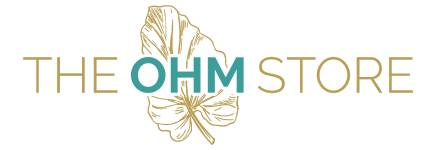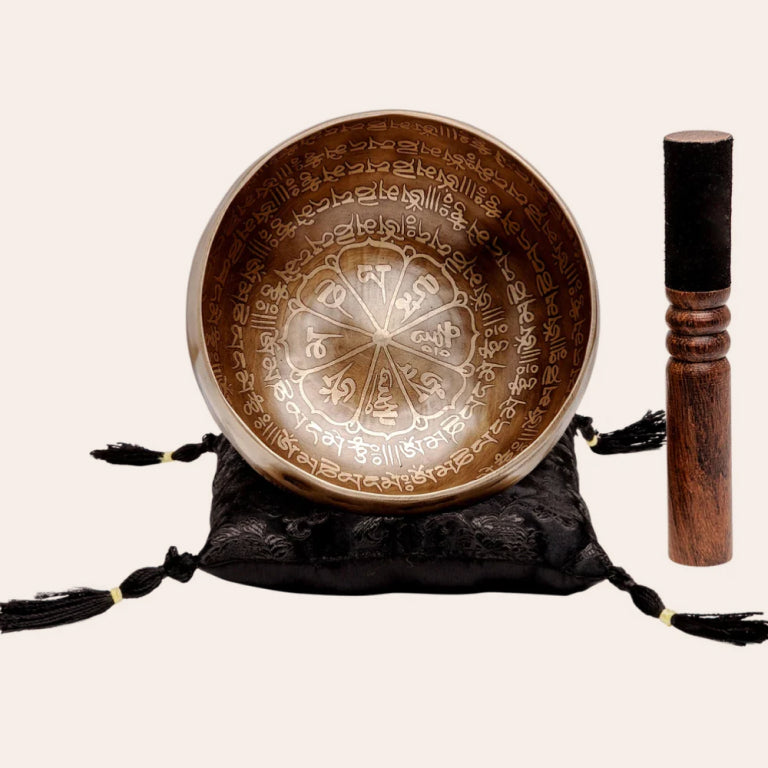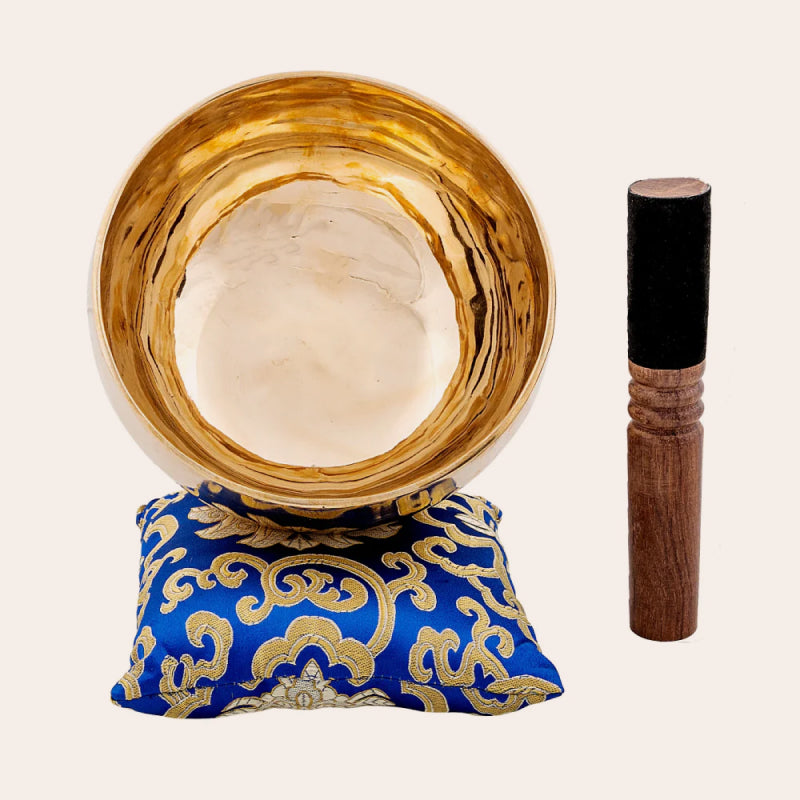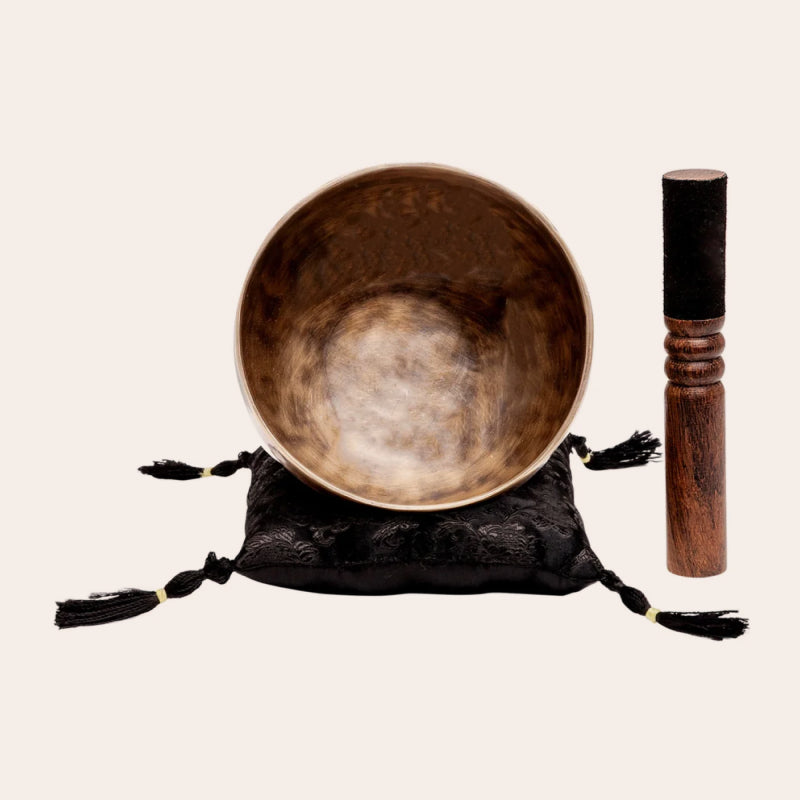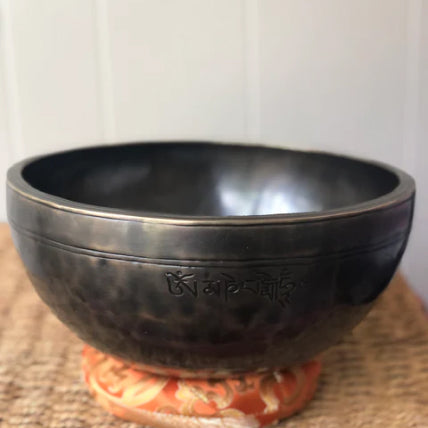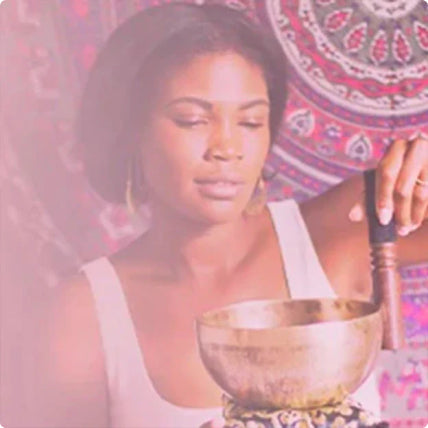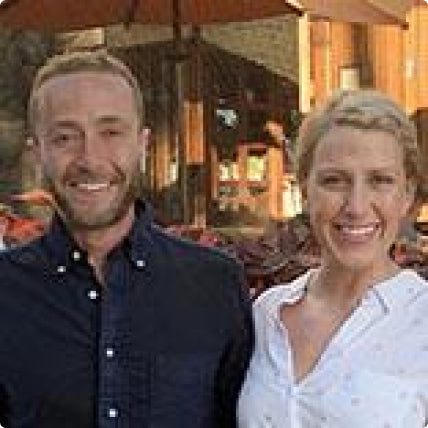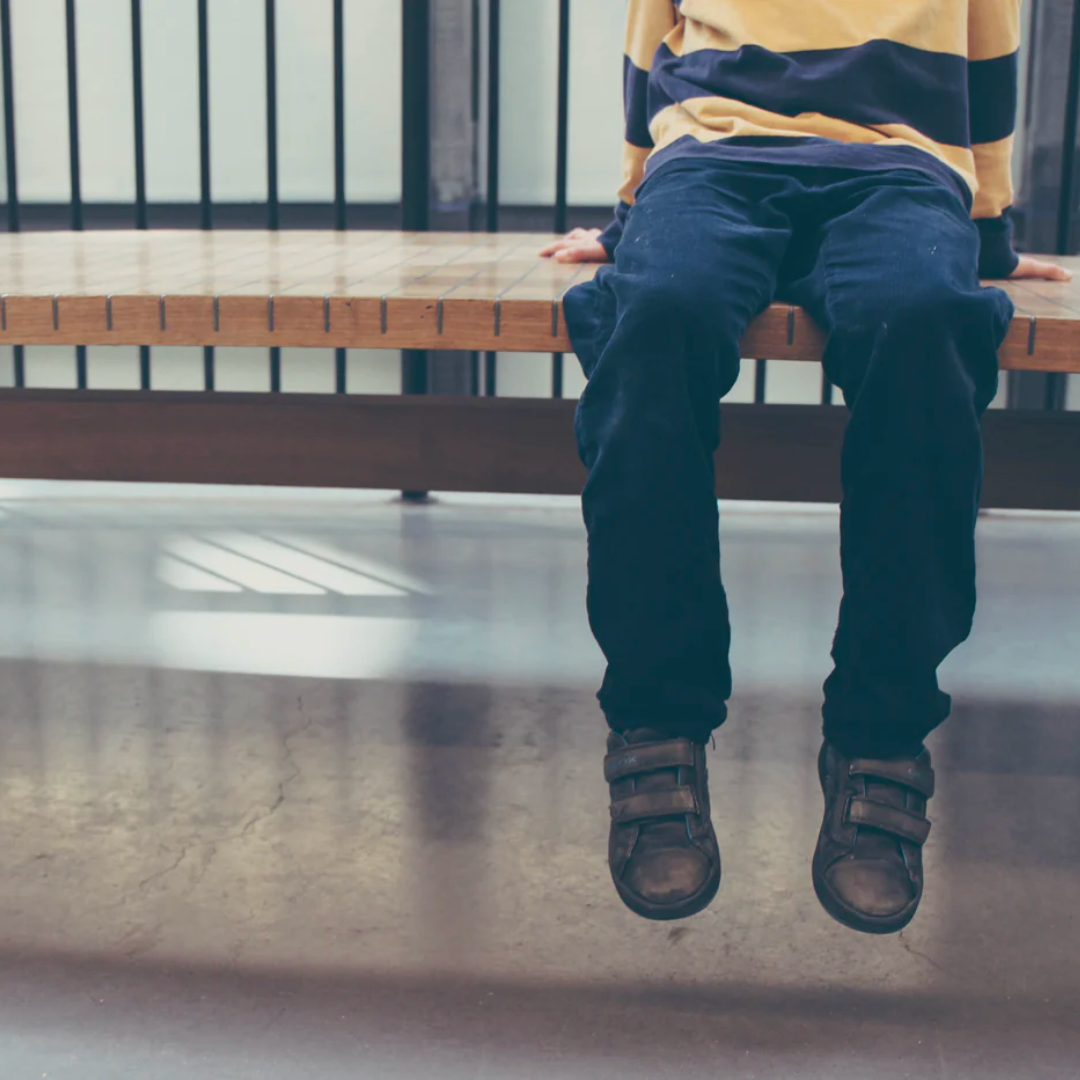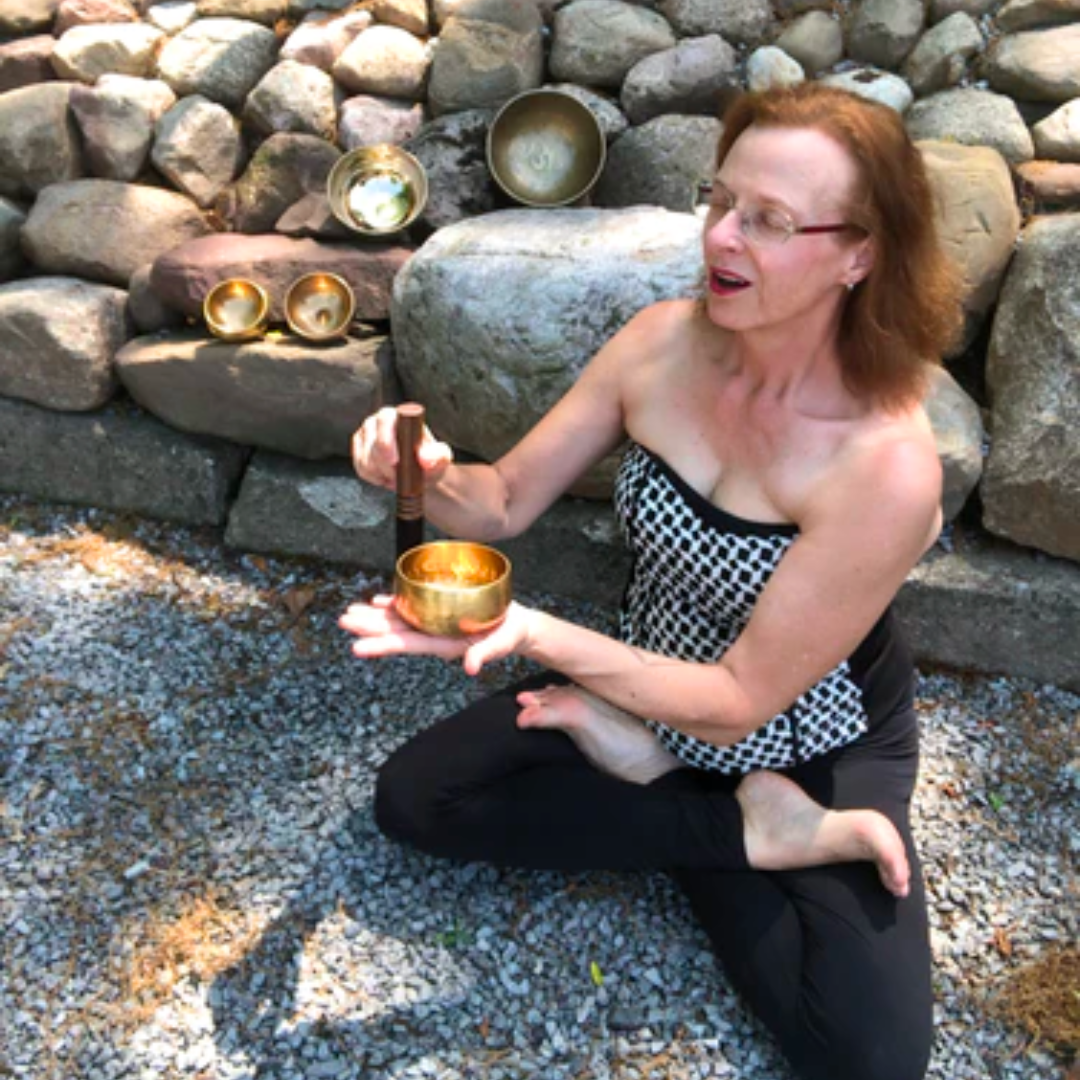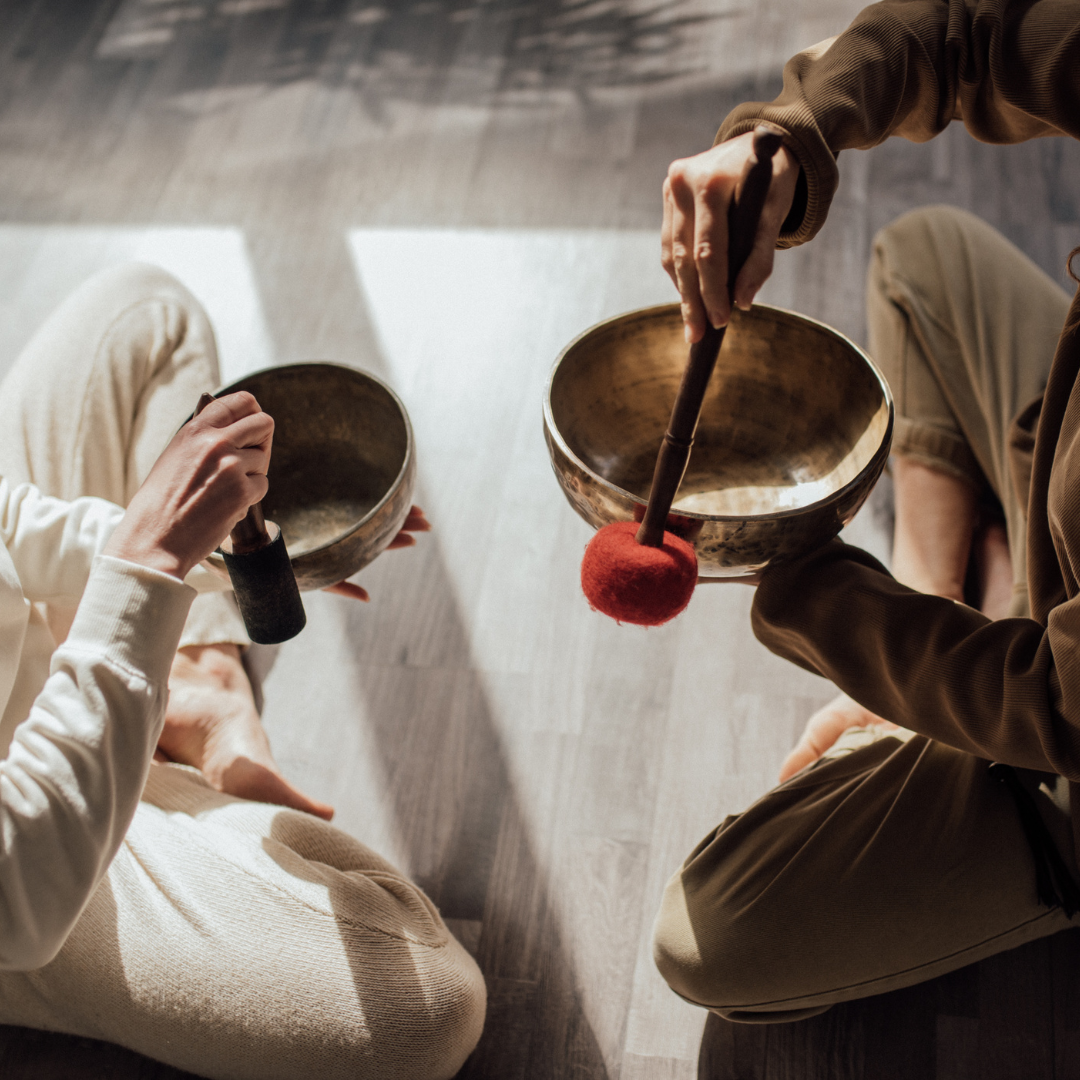This article was written for The Ohm Store by our great friend and ambassador, Nathalie Rose.
In April 2018 my husband and I discovered our middle child of 3 was Autistic after being previously diagnosed with Tourette's syndrome in November 2017.
We didn't know how much our lives would change after receiving the formal diagnosis, and it seemed like everything we learned about parenting from our other children had gone completely out the window. Even though we had known for some time that it was almost certain he was Autistic. From a young age Cayo viewed life through a different lens. When he was 3 years old he hated wearing a jacket even when it was snowing, hated having his hair cut and thinking back he was and still is afraid of buttons.e had trouble going to sleep and would only eat peanut butter and jam sandwiches!
This really knocked us off our feet and was quite a scary time for us as a family.
Cayo suffered with the most horrendous meltdowns which at times were and continue to be quite violent. Throwing objects across the room was common (four broken televisions and counting!) Hitting me was a daily occurrence in our household and could be triggered by what most people would call normal, like asking him to brush his teeth. My instant reaction was to get his older brother and younger sister to go to a safe space in another room until I had the situation under control. It was tiring and endless, everything I had learned that worked with his older brother did not work with him. I was not equipped with the knowledge to help him through this. At times he hated his dad. He hated school. He would only come to me for comfort.
We didn't know much about Autism or Tourette's syndrome but we knew what children needed, and that was to feel safe and loved.
I always trusted my maternal instincts and I knew that there was this little boy who was overwhelmed and in pain, and during those difficult moments all I had to do was to be there for him and help him feel safe. Cayo had an Educational Psychologist assessment when he was 6 years old and we were told there was nothing wrong with him. He could read, and although writing was a challenge -- he was a very intelligent boy.
This 'label' really counted against him and prevented him from accessing the support he so desperately needed. Functioning labels like severe and mild are harmful because they try and limit what is a spectrum by definition. There are times when Cayo is 'not that Autistic' by observed behaviour, which is never true!
Mainstream school was a huge daily challenge which he didn't cope with well. Looking back on it now from a very early age all the signs were there. Teachers would raise their voices and he was given red cards for 'bad behaviour' which just made things worse. His Senco (special educational needs co-ordinator) openly blamed our parenting and lack of firmness numerous times. She insisted we should leave him at the reception to cry it out and that I should trust them, that it was the right thing to do which just felt wrong because quite frankly it felt like they were guessing what would work. Cayo only went to school one or two days a week for over a year. The days he went in was to see his dedicated teaching assistant. She was a lovely kind, patient woman and was the only person he would respond to positively.
I was tired and frustrated and I felt like a bad mother spending many nights crying myself to sleep. I was not being kind to myself. The final straw was when we were assigned a family support worker who had to witness me trying to get him into school. Cayo ended up lashing out, hitting me, and ran off into a road. At that point the family support worker had seen enough and told the school Cayo would not be coming back. He was very supportive and for the first time I felt as though I had someone on my side.
When Cayo left school we managed to get him a tutor provided by the local authorities. The first tutor seemed nice but I realized he lacked patience and was slowly becoming uninterested in teaching Cayo, advising me that home tutoring will NEVER work and that the only hope he has is to be placed in a specialist Autistic school.
Another tutor took his place and she was a breath of fresh air, happy, funny, patient and really kind! They hit it off! Cayo started doing work for the first time in over a year. She was able to adapt his education in a way suited him. Lots of trips to the park in nature, learning as they went out and about. There's so much to learn in a non-traditional way. There were some bad days as expected, but the tutor stayed patient and spoke calmly to Cayo. The day she had to leave he cried his eyes out!
In September 2019 Cayo started in a specialist school for children with a primary diagnosis of Autism. As we battled with the local authorities for a place, we engaged with the school to find out more and we felt that this was the right fit for Cayo. He was given a place after a lengthy legal battle with our local authority, but we were willing to do whatever it took to get him in right environment. He started off really well but slowly we started to notice there were things that he couldn't cope with. Children screaming, formal lessons, question marks for poor behaviour...the list goes on. During the pandemic things have gotten worse and he started experiencing school anxiety all over again - he started to refuse school and has not really attended school since March 2020.
He cannot currently do seemingly simple tasks like brushing his teeth and washing, let alone go to school. So we are trying make life as comfortable as possible for him. We have spoken with some professionals and it seems very likely that Cayo fits a profile of Autism called PDA - pathological demand avoidance, which means normal demands are very difficult for him to process. This requires a different approach and different level of care.
We are back to the drawing board and back to figuring out how best to support him. His mental health will always be our top priority and we have argued this to everyone involved in his case.
We have had threats of fines from Education Welfare and the school are slowly pulling away their support. It's all very stressful, and I don't know how we are coping, but in the midst of this we have a child who is desperate for the right support, so we have to stay strong and keep going.
We are all in awe of the NHS at the moment and during his diagnosis all of the doctors and specialists we met made him feel like it was just time to play and talk. The common theme among everyone was patience and kindness.
It's been a very mixed bag of support from everyone we have dealt with over the last 5 years.
Cayo is the most kind and loving soul, he cares deeply for the world and everything in it. He has a connection with animals that I've never seen before. His dog is his world. He loves animal documentaries, he loves the ocean, he loves nature - climbing trees is one of his favourite activities. He has a great sense of humour, his laugh is contagious. He will help anyone and only asks for a little respect in return. But Cayo is often misunderstood, and that is the most heartbreaking part of being Neurodiverse in a Neurotypical world.
Cayo has talents and strengths in abundance, but do they fit the world we live in today?
He has the rest of life to live and we often contemplate about his future. Is there enough acceptance? Will he be ok? Will people show him the kindness that he shows to everyone else?
He will always have his struggles, but what I know that's made the world of difference to him on this journey, is all the people that were kind and accepting.
That's what stands out and there's so much we can all learn, if we just open our hearts and minds.
It really does all go back to kindness.
